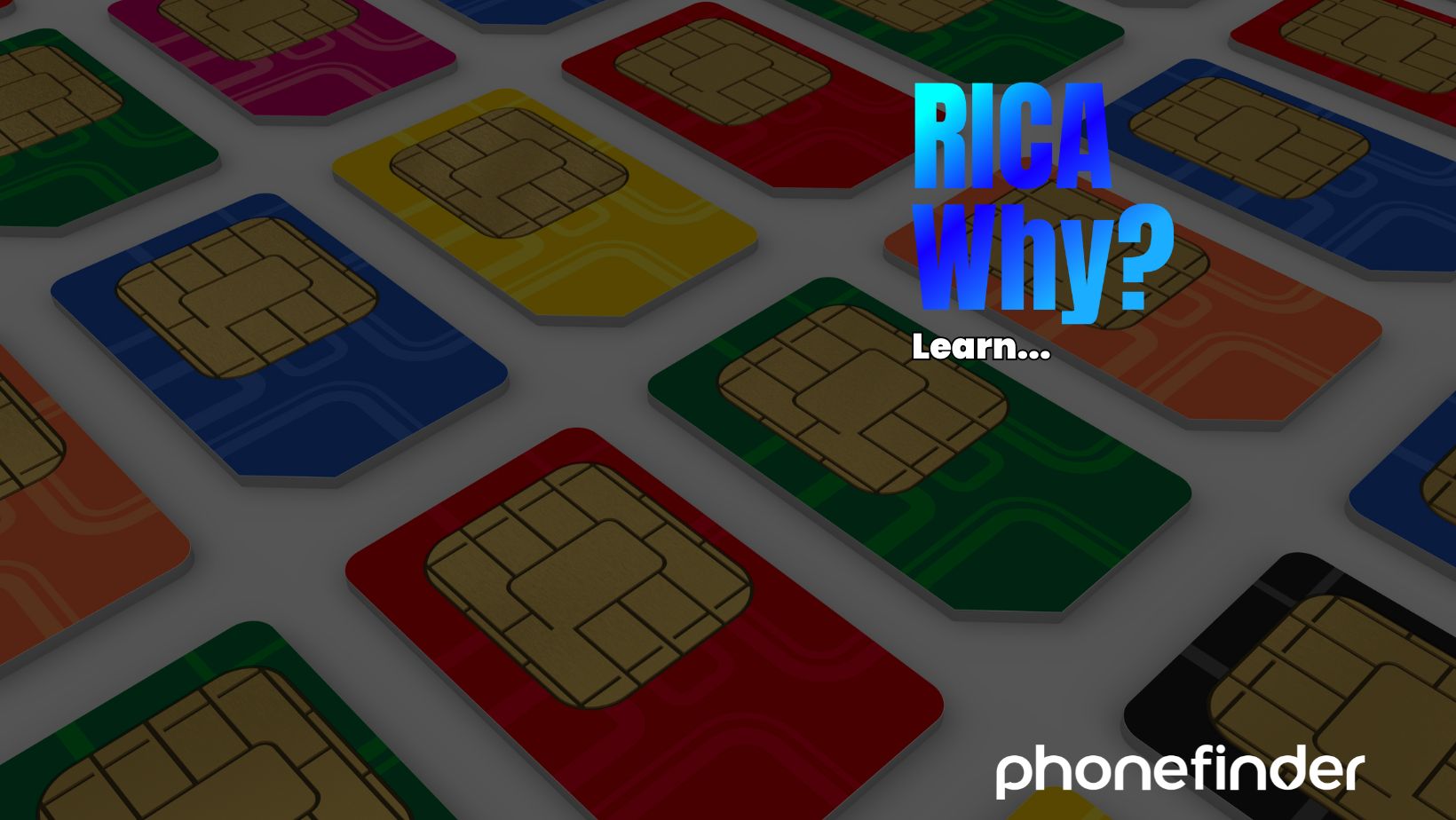The Regulation of SIM Cards in South Africa: An Overview of RICA
In South Africa, all new SIM cards must be registered with personal information before activation. This is a legal requirement mandated by the Regulation of Interception of Communications and Provision of Communication-Related Information Act (RICA) of 2002, which came into effect in July 2009. The law applies to both prepaid and contract SIM cards, making registration an essential prerequisite for network access.

Rationale for SIM Card Registration
The government asserts that RICA is a crucial tool for law enforcement to combat illegal activities conducted through mobile communication. The law requires mobile network operators to collect subscriber identity details—such as name, address, and ID number for citizens, or a passport for foreigners—to link every SIM to an identifiable person. This measure is intended to deter and trace criminal activity, including fraudulent SMS messages, scams, kidnapping, and money laundering, which are often facilitated by anonymous SIM usage.
Registration Requirements
To register a SIM card, individuals are required to provide specific documentation. This process, commonly referred to as “RICA-ing,” involves presenting a government-issued ID, such as:
- A South African ID book or card.
- A passport (for foreign nationals).
- A refugee document (if applicable).
Additionally, proof of residence is mandatory. This must be a document no older than three months, which may include a utility bill, bank statement, or lease agreement. For residents of informal settlements, an affidavit can serve as proof of address. This face-to-face identity verification is a mandatory step before new SIMs can be activated, a process that typically takes up to 24 hours.
RICA Procedures for Major South African Network Providers
While the RICA law sets the general requirements, each mobile network operator has developed its own specific process for customer registration. Below is a summary of how some of the major providers handle RICA.
| Provider | RICA Process |
|---|---|
| Cell C | Offers both in-store and online registration. Their online “eRICA” process requires a new SIM card with its serial number, a valid South African ID or foreign passport, a valid proof of residence, and a photo of your face for identity verification. |
| MTN | Facilitates RICA through its network of agents and stores. The process typically involves a face-to-face registration where an agent uses a USSD code or a web-based system to capture the required personal and address details directly from the customer. |
| Vodacom | Provides multiple options for RICA. Customers can register in-store, at participating RICA agents (such as Flash merchants in spaza shops), or through a self-RICA process on their website or app. This self-RICA service uses digital identity and address verification from third-party sources and may include biometric processing. |
| Telkom | Offers RICA registration in its stores and through its official website. The online process, like others, requires users to upload a copy of their ID, proof of address, and often includes a selfie for facial recognition. They also have an online portal specifically for self-RICA. |
| Melon Mobile | As a digital-first mobile network, Melon Mobile’s RICA process is primarily online. It is integrated into their sign-up and account creation process. Users can verify their identity using a South African ID or passport number and can also complete RICA via WhatsApp with a support agent. |
| Blue Connect and Intellicell | These smaller providers, often operating under different network infrastructure, also follow the standard RICA requirements. Their processes typically involve online portals or designated agents where customers are required to upload a digital copy of their ID, a recent proof of address, and often a selfie for verification. |
Socio-economic Impact and Exclusion
While SIM card registration has become a routine procedure for many South Africans, it presents a significant challenge for vulnerable populations. A study by the University of the Witwatersrand highlighted that many migrant workers struggle to register their SIM cards due to a lack of access to formal identification documents. This can lead to individuals being unable to access essential communication services, thereby exacerbating social and economic exclusion.
The Debate: Security vs. Privacy
The RICA law is widely promoted as a vital instrument for national security. However, critics argue that there is limited evidence to suggest it has been effective in reducing crime rates. A report by Privacy International noted that many African countries with similar SIM registration laws have not seen a significant decrease in crime. Instead, these laws have often raised concerns about mass surveillance and the potential for misuse to suppress dissent.
In South Africa, journalists and activists have voiced concerns about the potential for RICA to be used for surveillance purposes. Reports of the government monitoring the communications of certain individuals have heightened fears that the law could be used to curb opposing voices and infringe upon civil liberties. Furthermore, some experts point out that criminals can circumvent the system through tactics like SIM swapping or purchasing unregistered SIM cards on the black market, undermining the law’s intended purpose.
Conclusion
The debate surrounding SIM card registration in South Africa highlights the complex trade-offs between national security and individual privacy. While the law aims to reduce crime, it also raises concerns about surveillance, data protection, and digital exclusion. As technology continues to evolve, it is essential to periodically reassess the effectiveness of RICA and its broader impact on citizens’ rights and access to communication. The implementation of the Protection of Personal Information Act (POPIA) provides a legal framework for safeguarding personal data, yet the ongoing discussions about government access and data misuse remain a critical part of this important conversation.
About Phonefinder
Phonefinder is South Africa’s premier cell phone contract comparison engine. Our platform empowers consumers to easily compare a wide range of mobile deals, contracts, and prepaid offers from leading network providers like Vodacom, MTN, Cell C, and Telkom. By providing a transparent and comprehensive overview of the market, Phonefinder helps users find the perfect device and plan to suit their needs and budget, simplifying the process of choosing a new mobile contract.
Related article: Ultimate Guide To Number Porting


